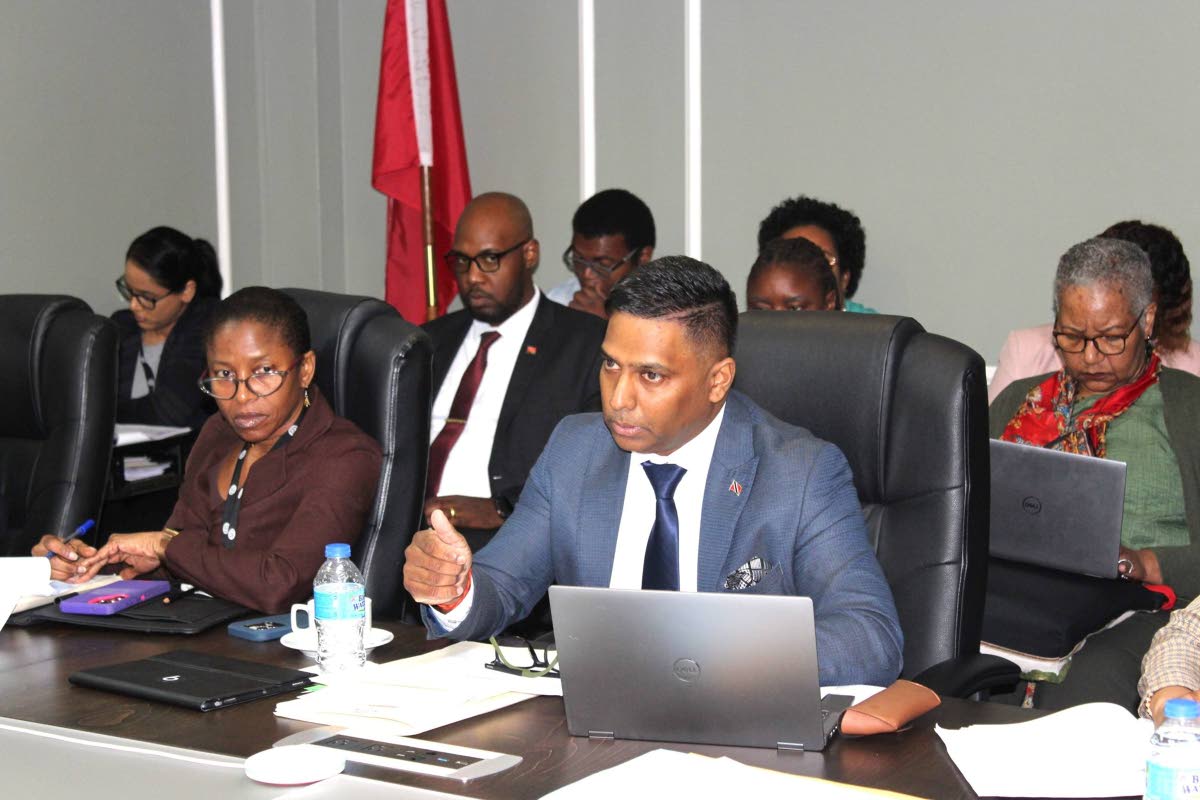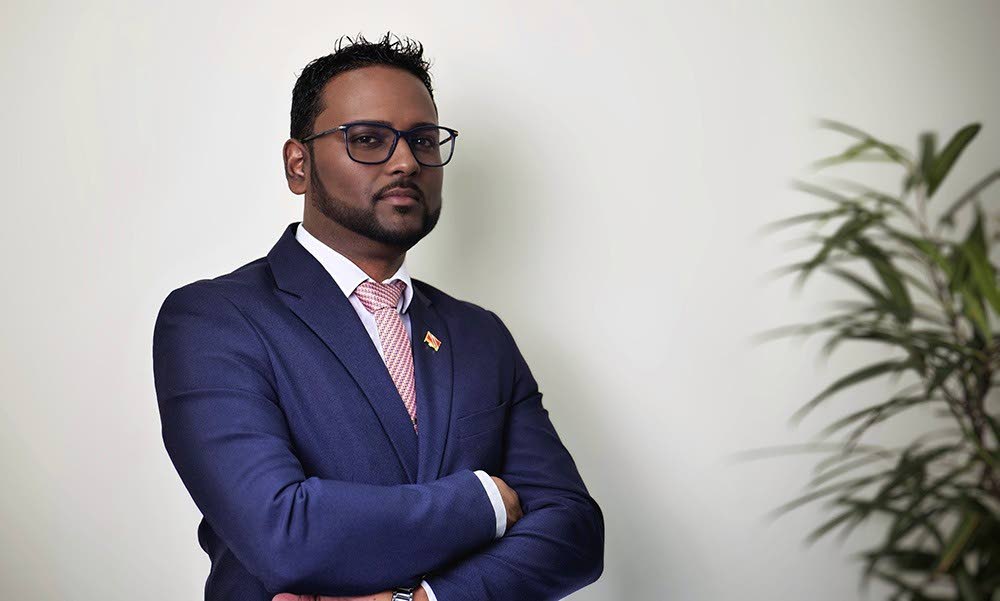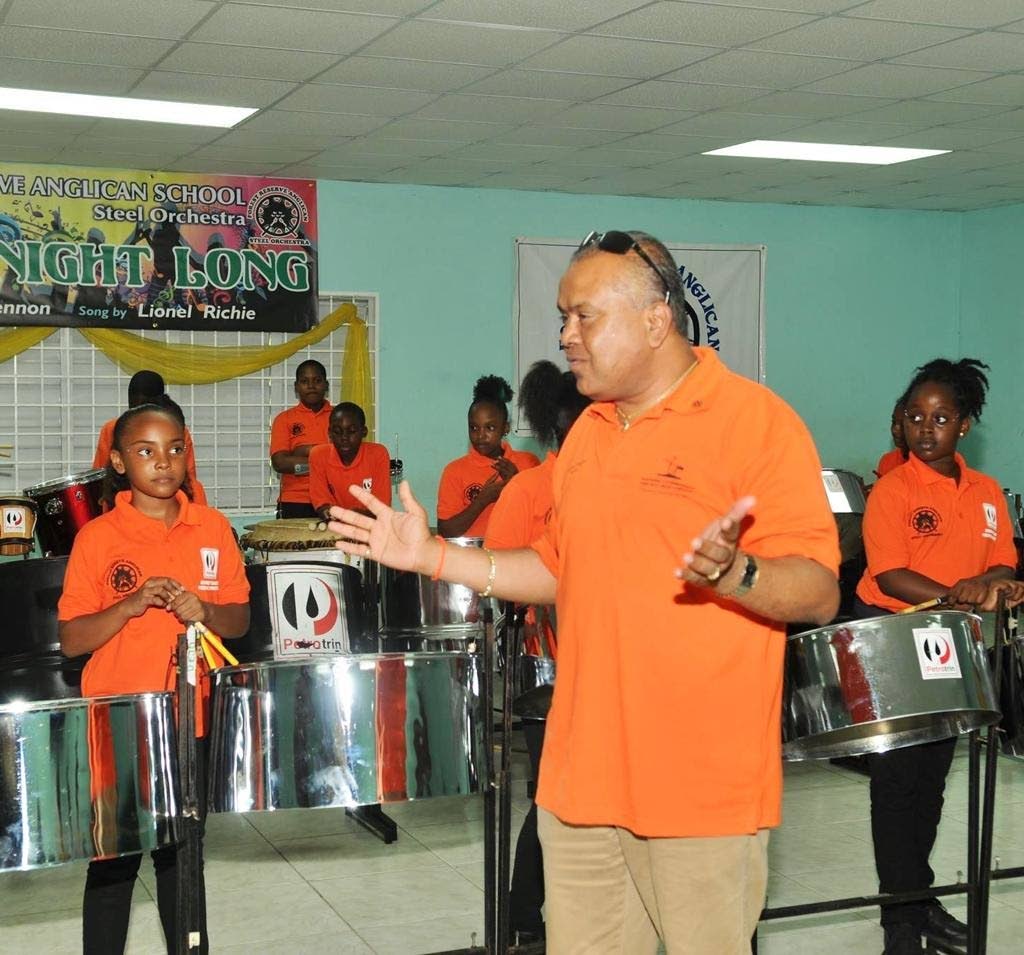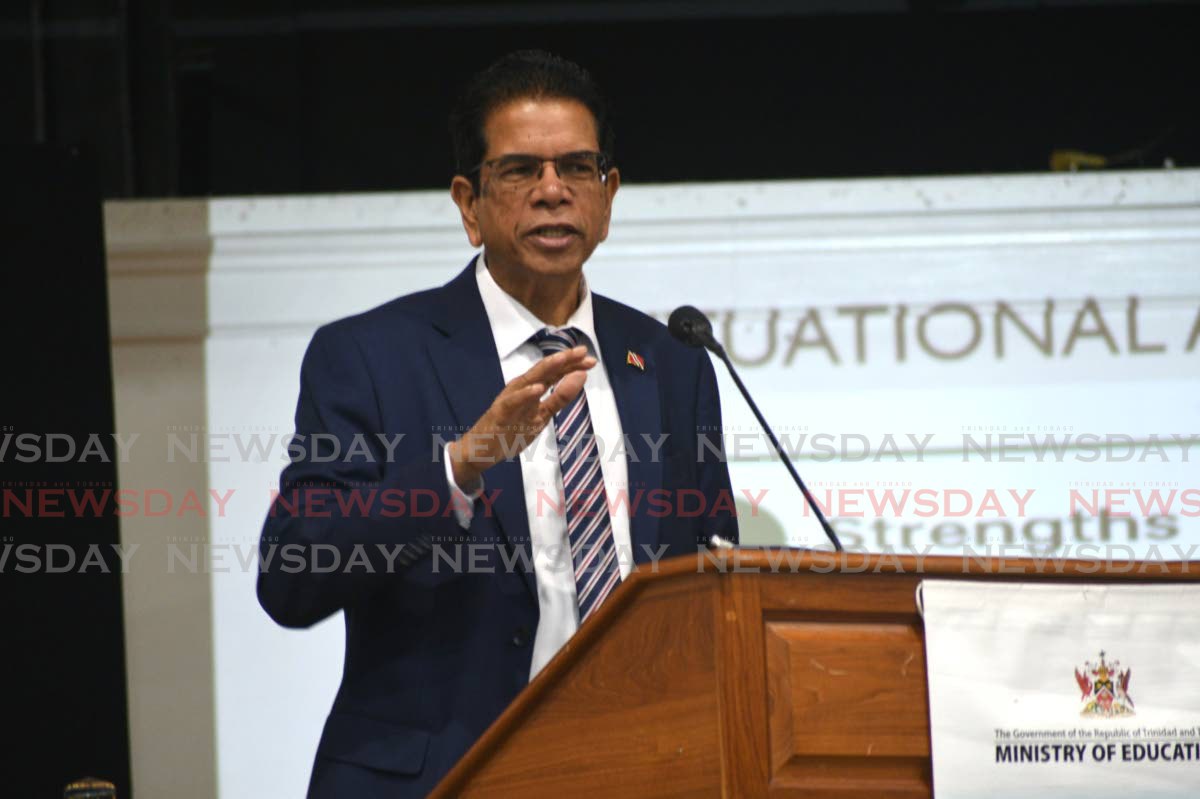After more than a decade of stalled negotiations, the Trinidad and Tobago government has presented a comprehensive wage settlement package to the National Union of Government and Federated Workers (NUGFW). Chief Personnel Officer Dr. Darryl Dindial announced a 10% salary increase covering the period 2014-2019, representing a total valuation of $2.6 billion TT dollars.
The breakthrough proposal, unveiled following January 26 negotiations in Port of Spain, combines both cash and non-cash components to address the substantial financial burden. The arrangement carries a recurring annual cost of $250 million, which authorities acknowledge was not previously budgeted for. Dr. Dindial emphasized the government’s commitment to responsible fiscal management while addressing long-outstanding worker compensation concerns.
National Trade Union Centre (NATUC) General Secretary Michael Annisette praised the negotiation process, characterizing the discussions as a mature exchange of responsible ideas between both parties. The union leadership particularly welcomed the government’s movement from its initial 4% offer to the current 10% proposal, acknowledging the economic constraints facing the nation.
The proposed settlement includes innovative non-cash mechanisms designed to provide immediate relief to workers while managing the government’s cash flow requirements. These arrangements may include government assumption of worker debts to state entities such as the Housing Development Corporation (HDC) and TT Mortgage Finance Company, effectively converting outstanding obligations into compensated benefits.
Union representatives indicated they would present the offer to their membership for consideration over the coming days. If accepted, implementation would likely occur following mid-year budget reviews, with payments anticipated by June or July once funding arrangements are finalized through the Ministry of Finance.
This settlement follows a similar 10% agreement reached with the Public Servants Association in December 2025, signaling a coordinated approach to resolving long-pending public sector wage negotiations across multiple government agencies.









